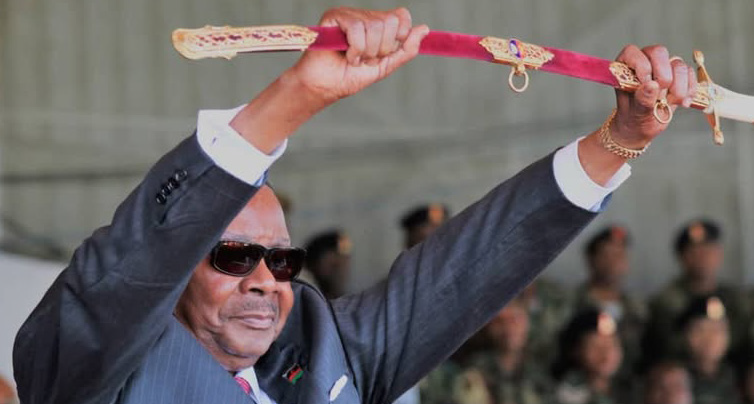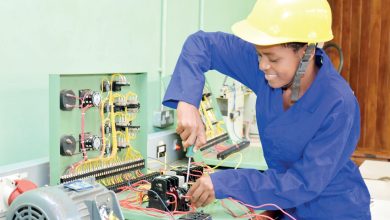How soft loans save fish
When Flora Lameck joined Mapira Beach Village Committee (BVC) to protect fish in Lake Chilwa, little did she know that her life would improve too.
The 55-year-old woman, from Traditional Authority Mposa in Machinga District, survived hand-to-mouth on meagre earnings from piecework in the village.

“Life was tough as I struggled to feed my children and give them basic needs,” she says.
Lameck dreamed of starting a small-scale business, but lacked capital.
Like most rural Malawians without registered assets or collateral, she could not qualify for a bank loan.
However, the mother of seven says her income started improving in 2016 when she joined the committee of 11 to conserve fish in the salty inland lake along the border between Malawi and Mozambique.
The committee members started giving each other soft business loans so they could think less about poverty and concentrate on combating overfishing and other harmful practices endangering the lake’s dwindling fish population.
Lameck invested her loan in rice farming along the beach and used the proceeds to open a restaurant.
“I was determined to break away from poverty and my friendly interaction with fishers during our patrols on Lake Chilwa guaranteed me more customers for my restaurant business,” she says.
As business grew, her family could afford two to three meals a day.
In 2023, the committee received a K3 million boost from an initiative funded by Jersey Overseas Aid and SCIAF through Trocaire Malawi.
The Biodiversity Protection and Community Resilience Project, implemented by Churches Action in Relief and Development (Card), supported the BVC efforts to sustainably manage fish and fish breeding areas.
The initiative also promotes adherence to proper fishing practices and regulations by fishers.
To sustain the activities, the project injected K3 million for the committee to promote income-generating activities.
Five members received five goats each, which they passed on to others until all 11 had livestock for improved diets, incomes and livelihoods
BVC secretary Bernard Kalaya says they used part of the funds to buy a boat engine which earns them over K800 000 monthly.
“We use the boat for patrols and transportation of the people here. The income supports our activities and members when need arises,” she says.
Lameck spoke of peace of mind due to increasing income and food production.
She explains: “Life is better and poverty is waning. I no longer worry about fertiliser prices as I make manure using goats’ droppings, thereby restoring fertility in my fields. I have bumper yields. I also sell the manure to others.”
Since 2023, her maize yield has surged from five to 22 bags, enough to take her family to the next harvesting season.
Lameck has also stored 25 bags of rice to be sold in December when one sells at over K100 000.
Committee chairperson Wilson Ndomondo says the businesses and farm enterprises have lessened dependence on fishing.
He says: “As our earnings and livelihoods keep rising, overfishing is decreasing. Our work has improved fish stocks in the lake. The catches are increasing and we are making more money. This has opened economic opportunities that are developing our area.”
Village head Mapira commends the BVC for taking the lead in conserving fish and the environment in the Lake Chilwa wetland.
Lakeside communities and villages upland are working together to restore the green cover and reduce soil erosion that buries fish sanctuaries in silt.
“Our lives, green cover and fish catches are improving as people have money,” he says.
Card programme manager Arthur Lichenya is pleased to see the BVCs restoring the lake’s ecosystem while boosting the economic status of communities that rely on the lake.
Trocaire Malawi livelihoods and resilience lead Lawrence Munthali says economic empowerment of the communities is vital to biodiversity protection.
“This area is the best example that poverty perpetuates degradation of the ecosystem, but once people are economically empowered, they engage in eco-conscious businesses and developments thrive,” he says.





